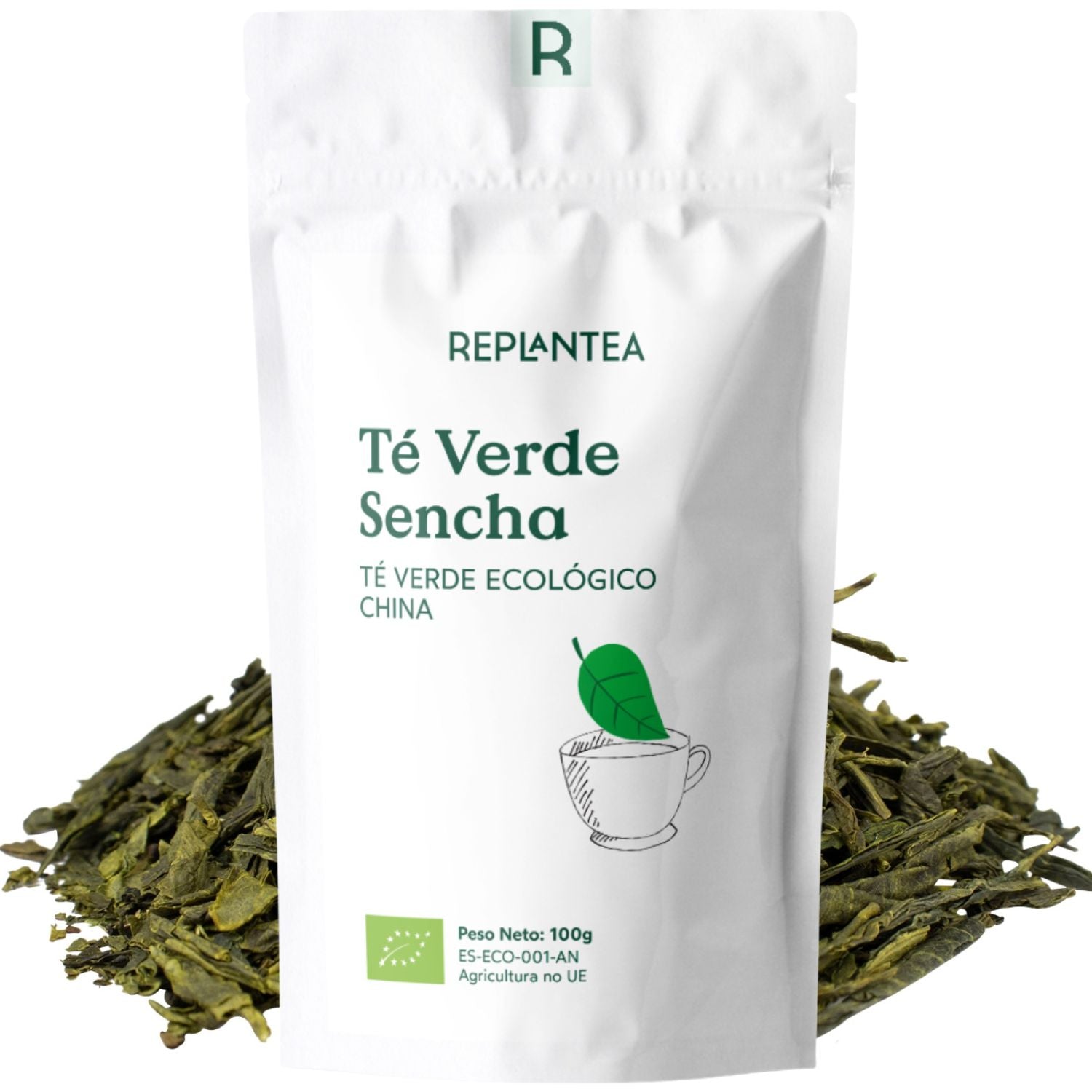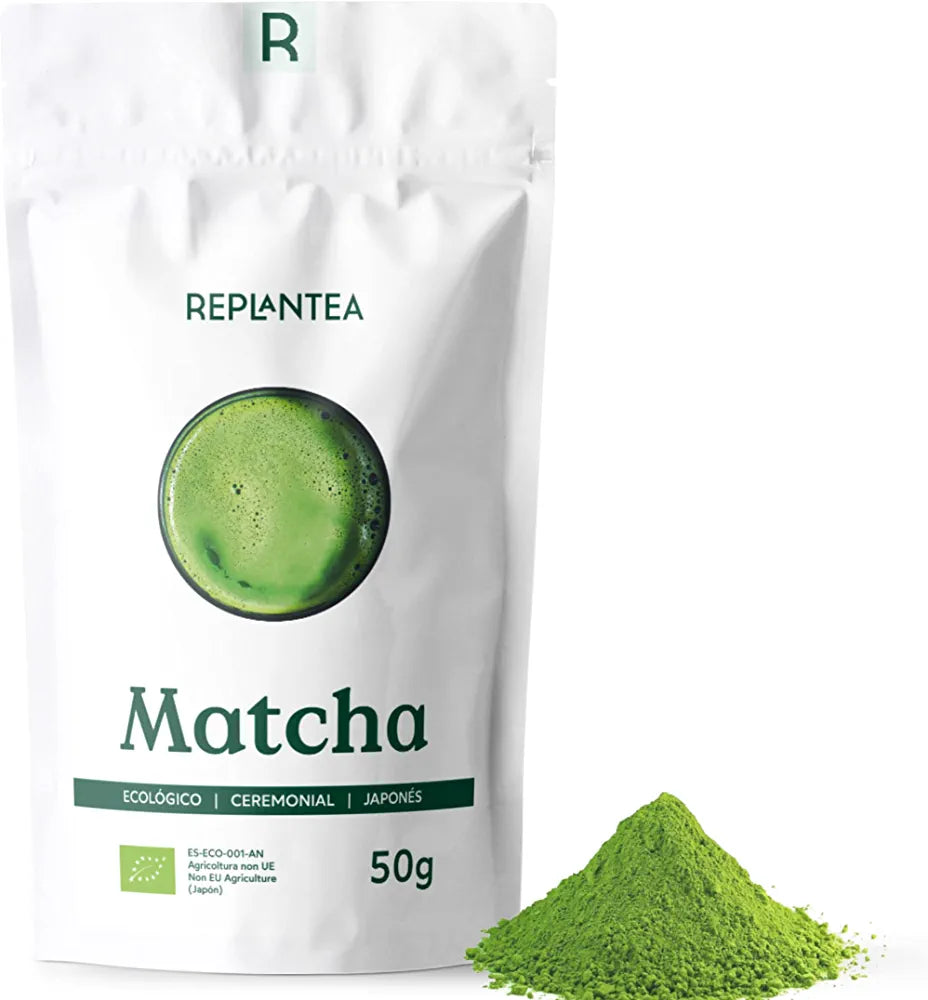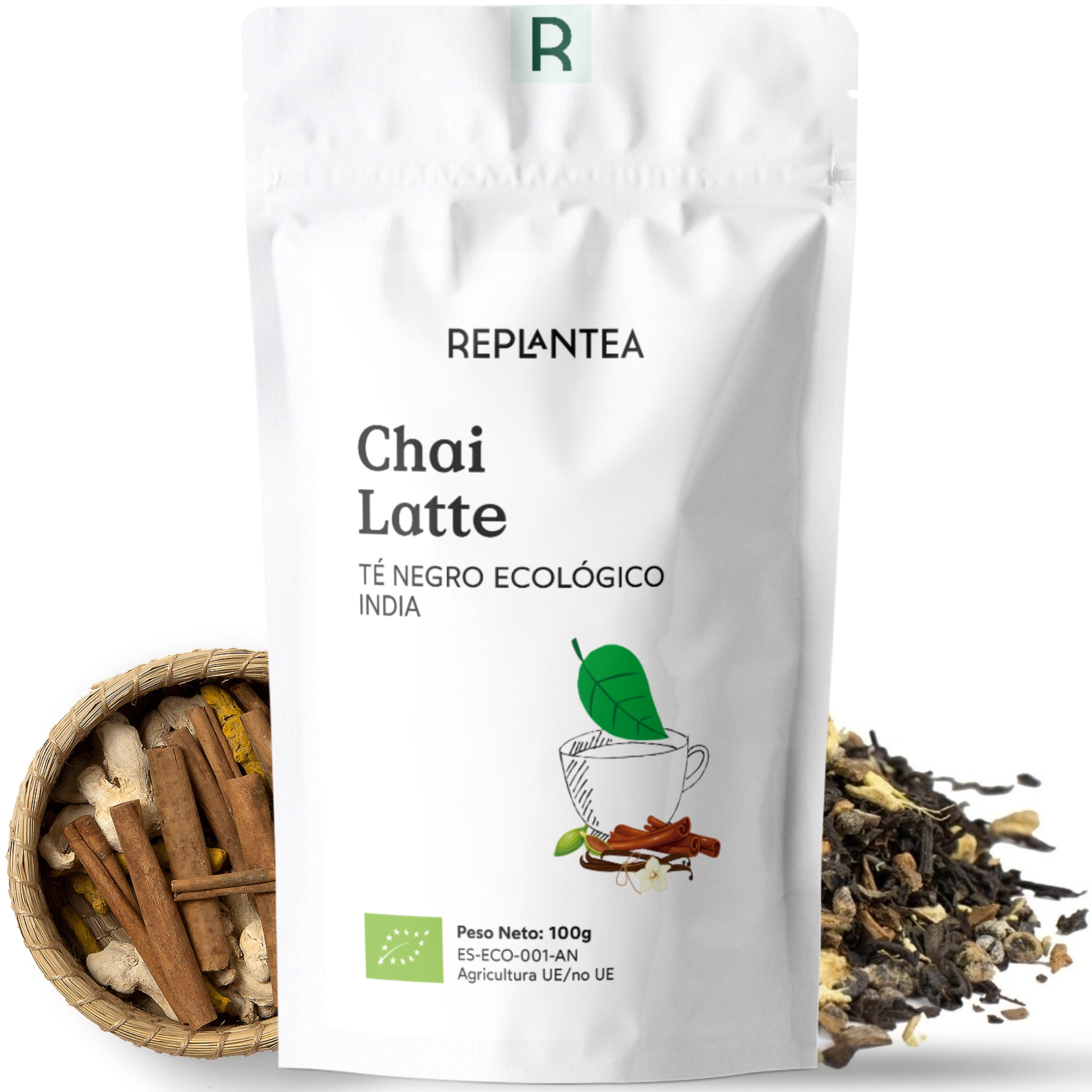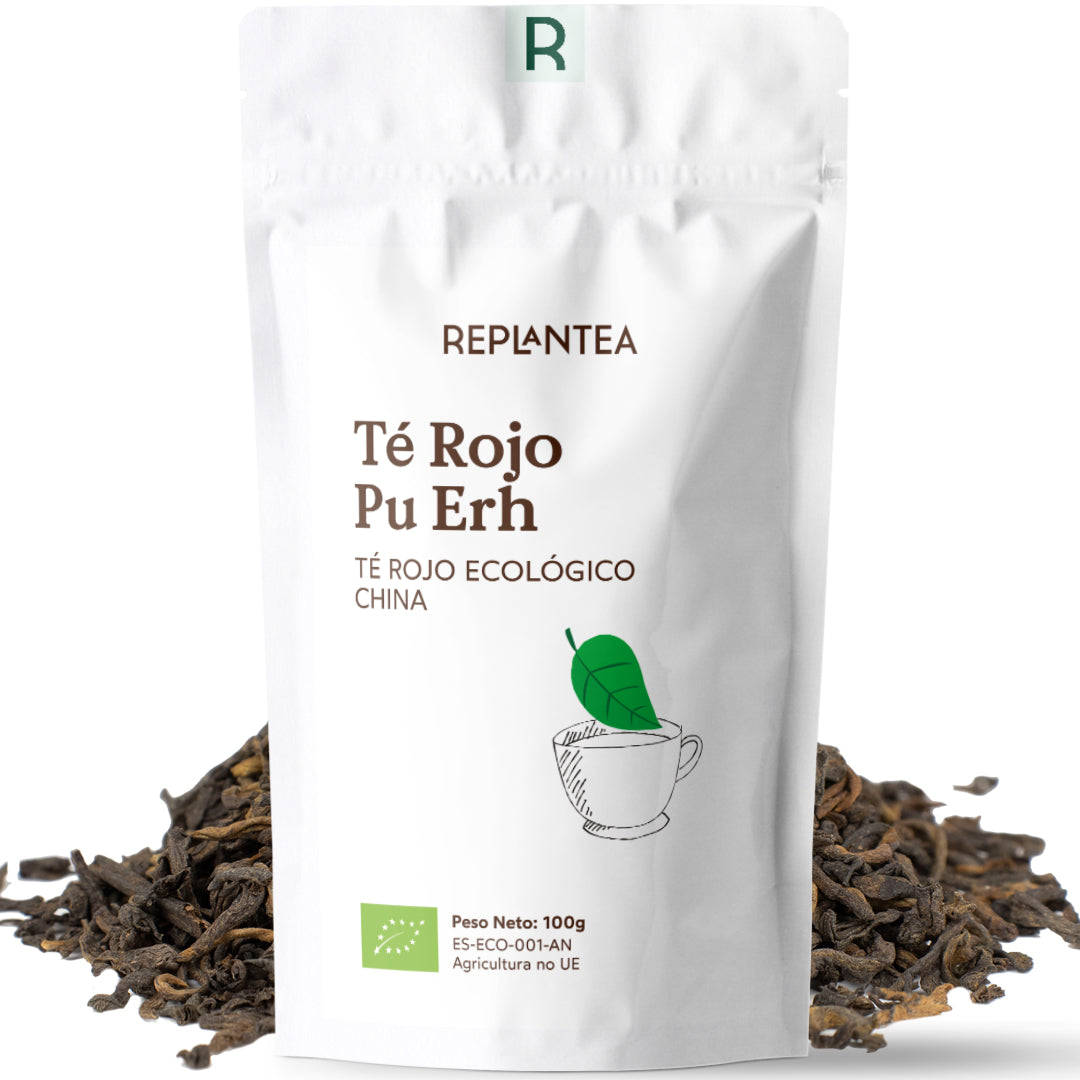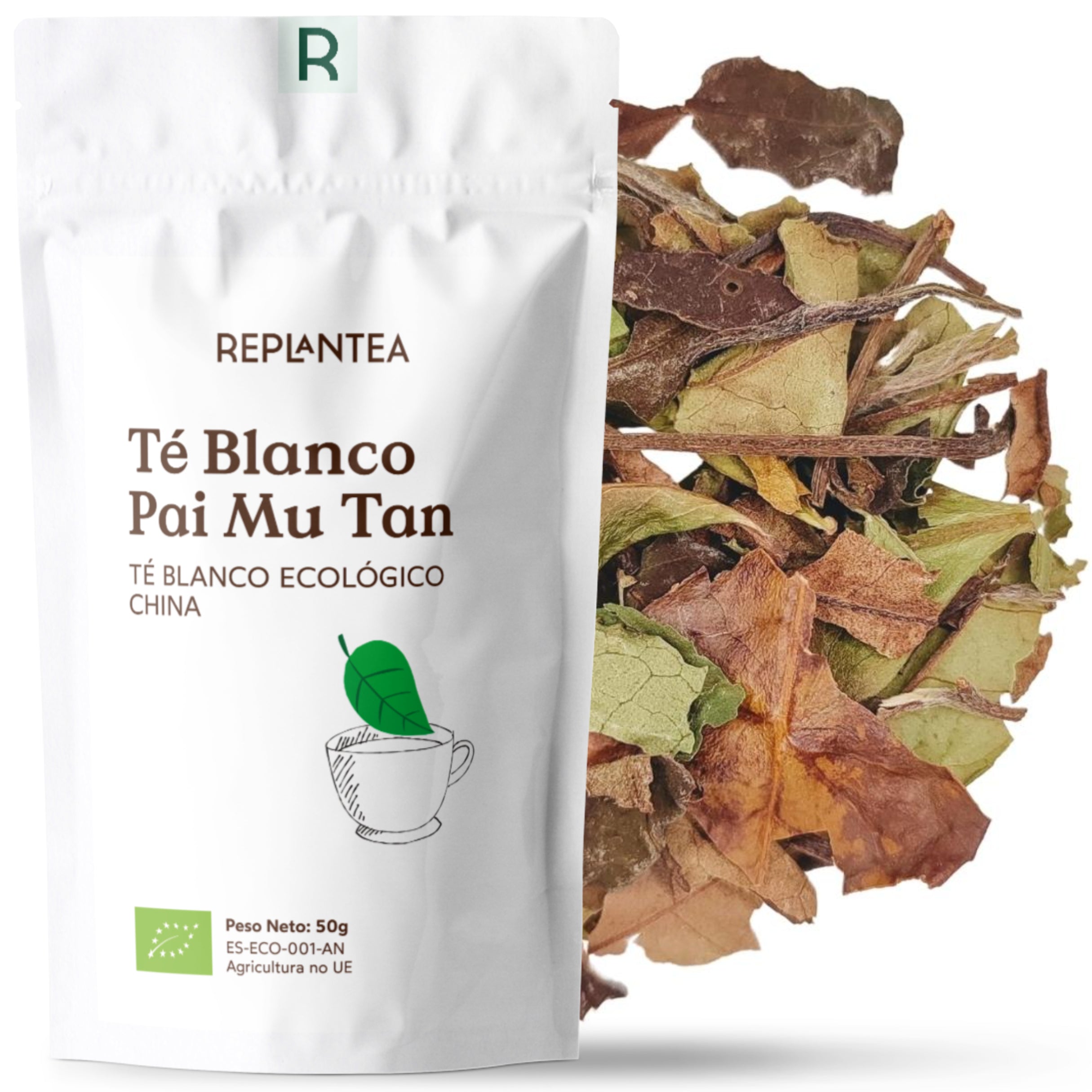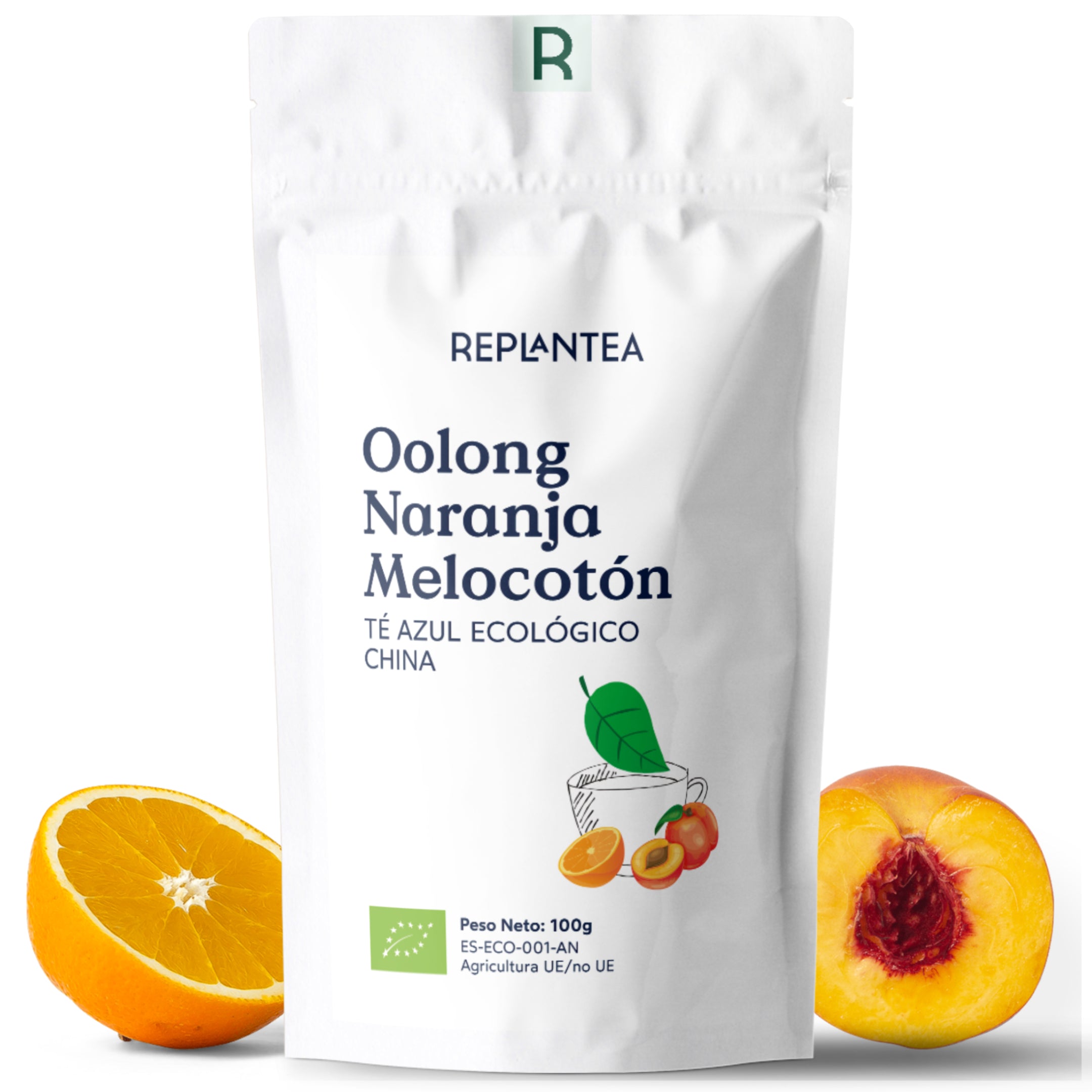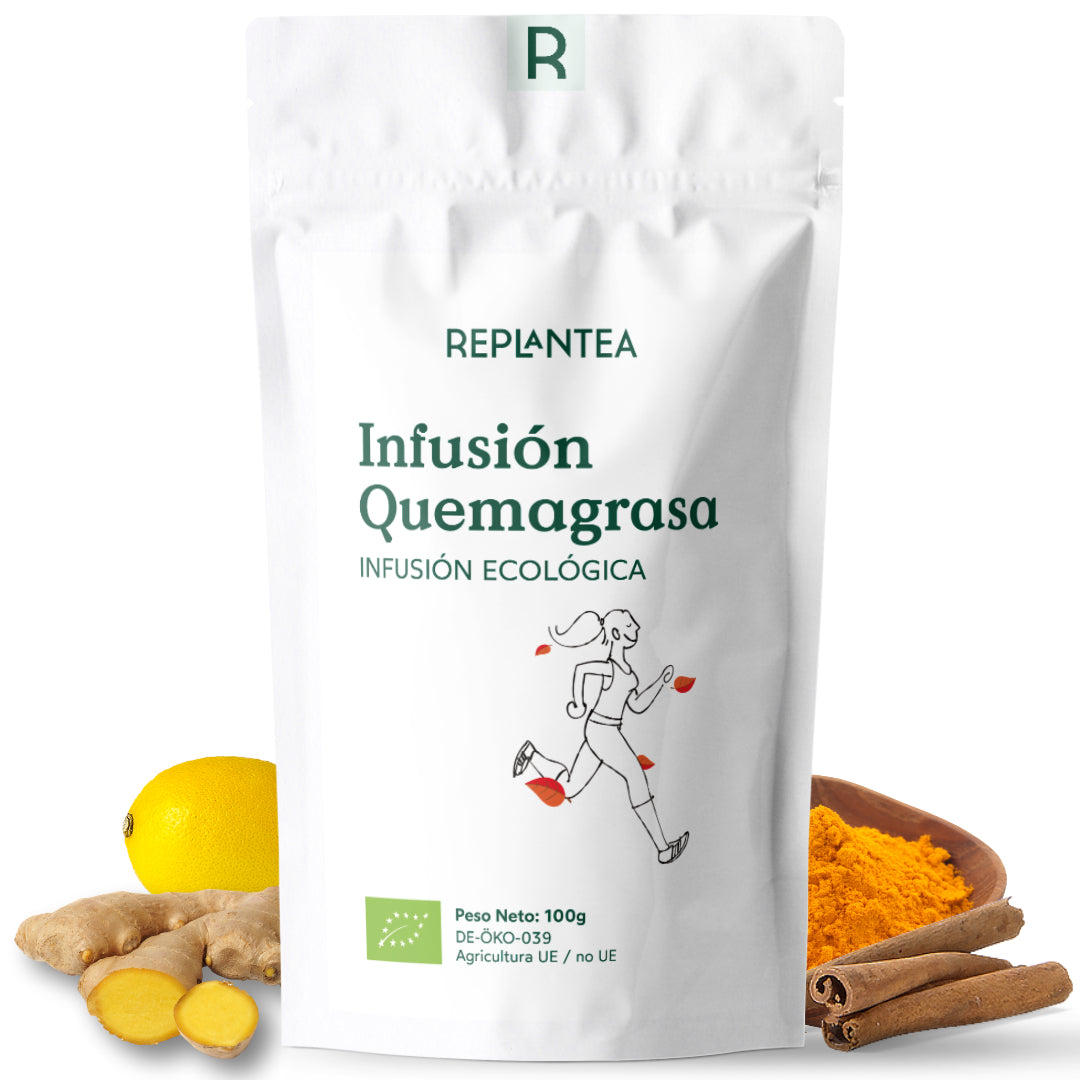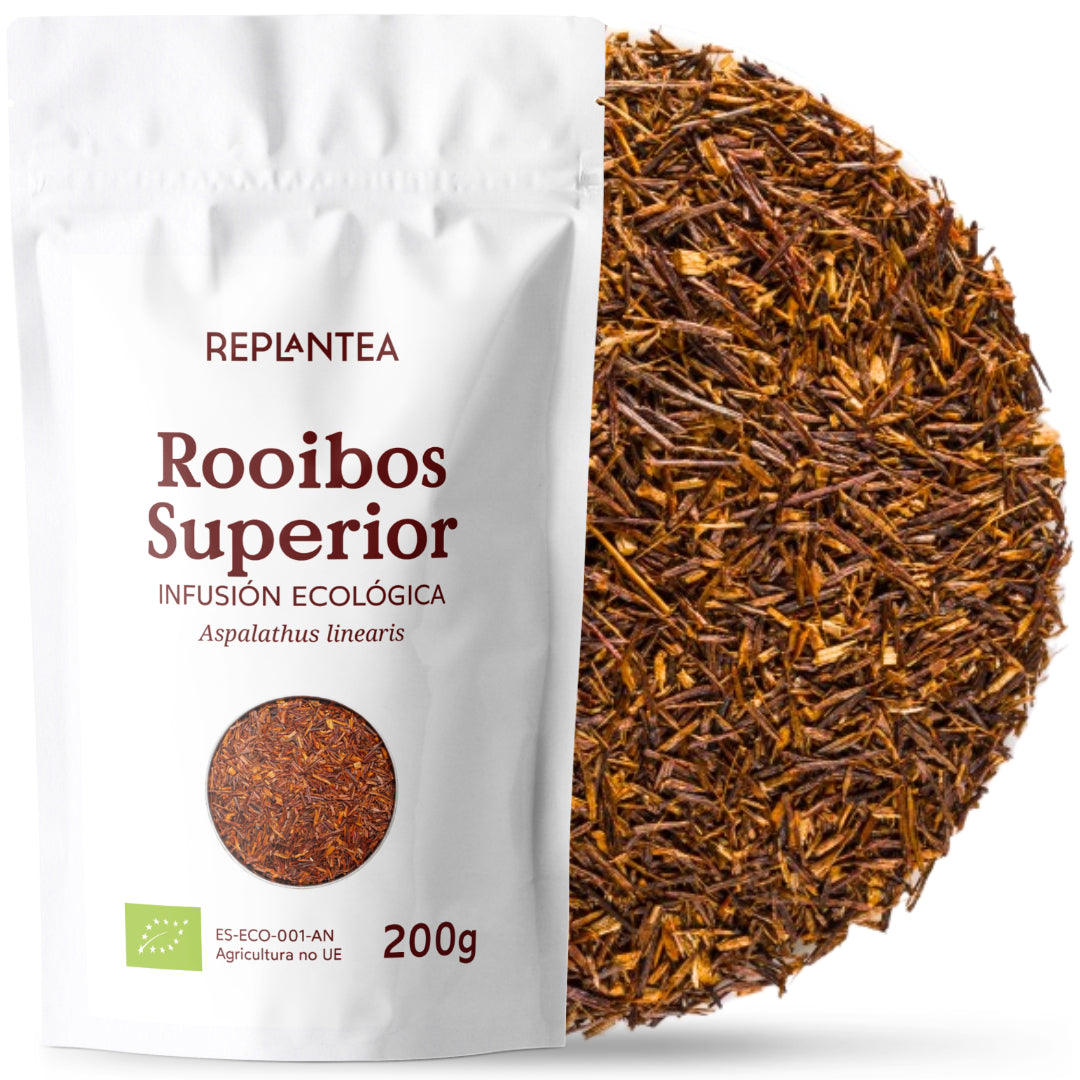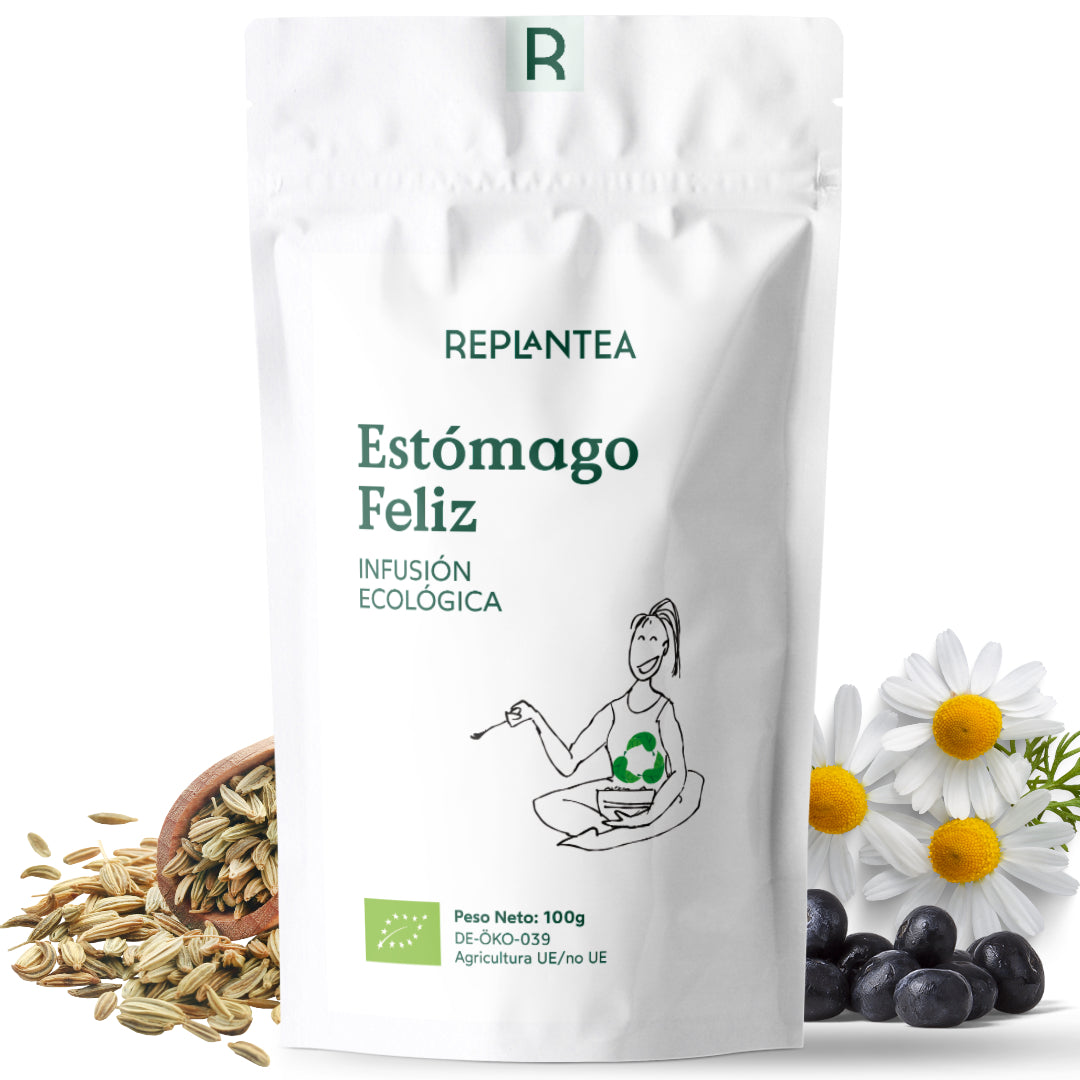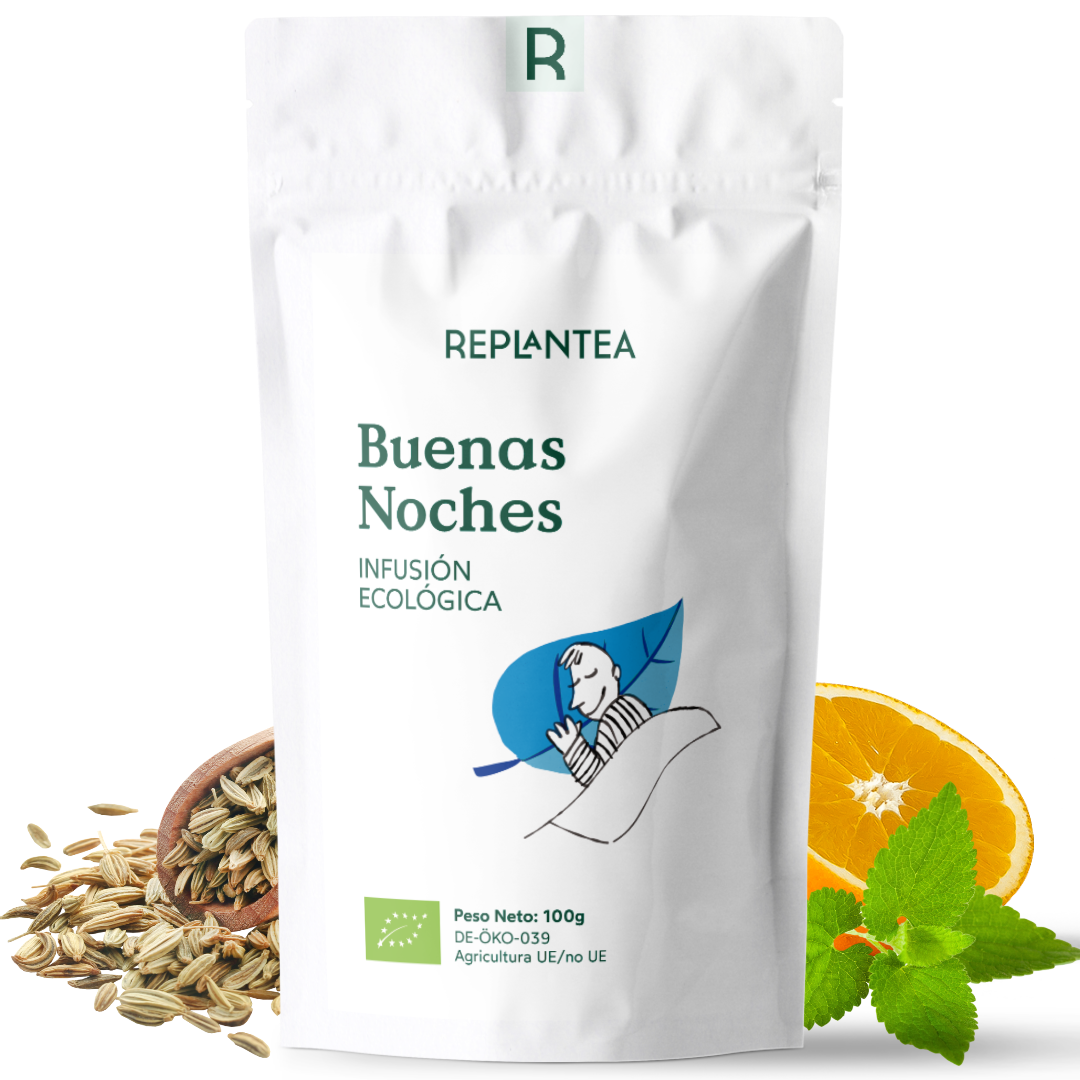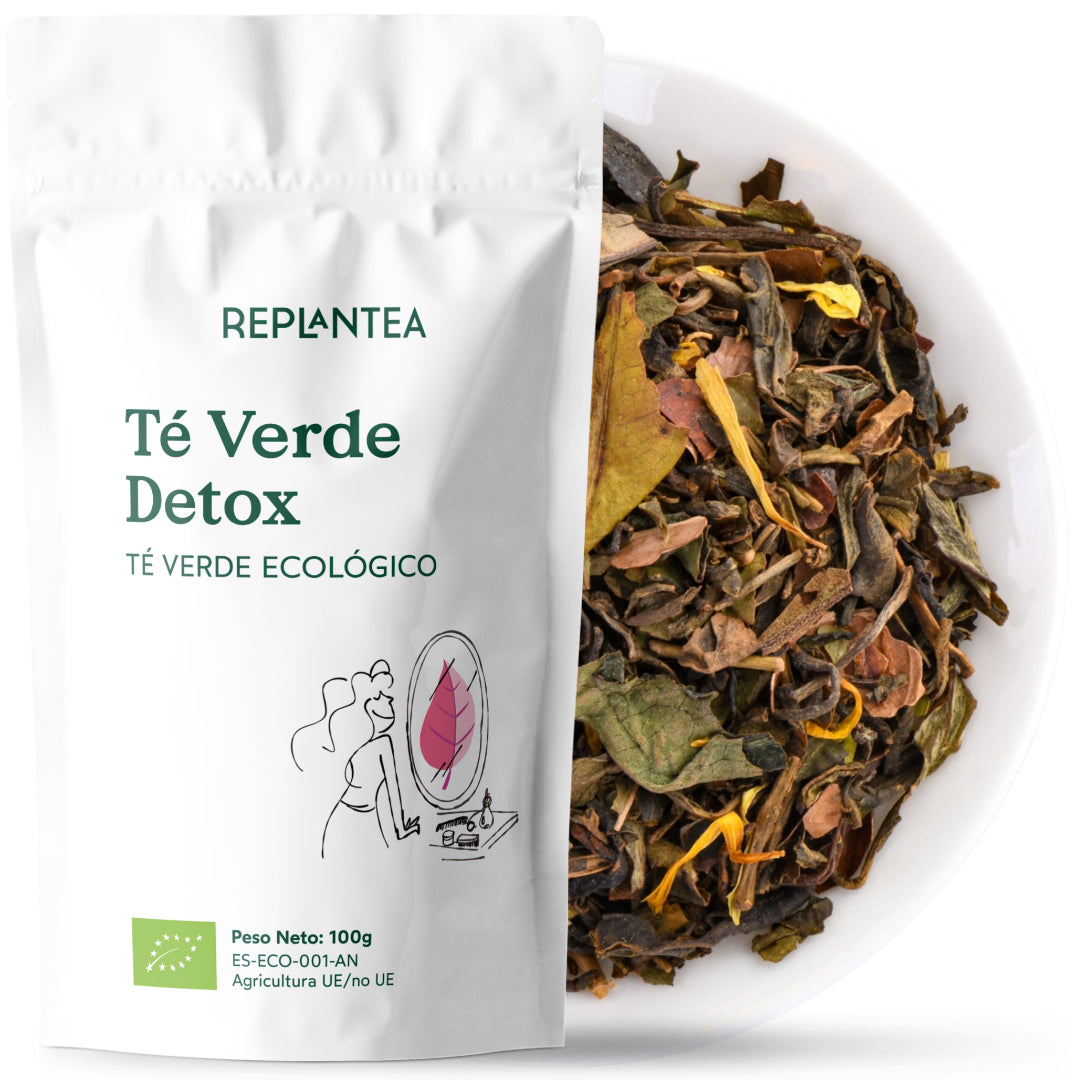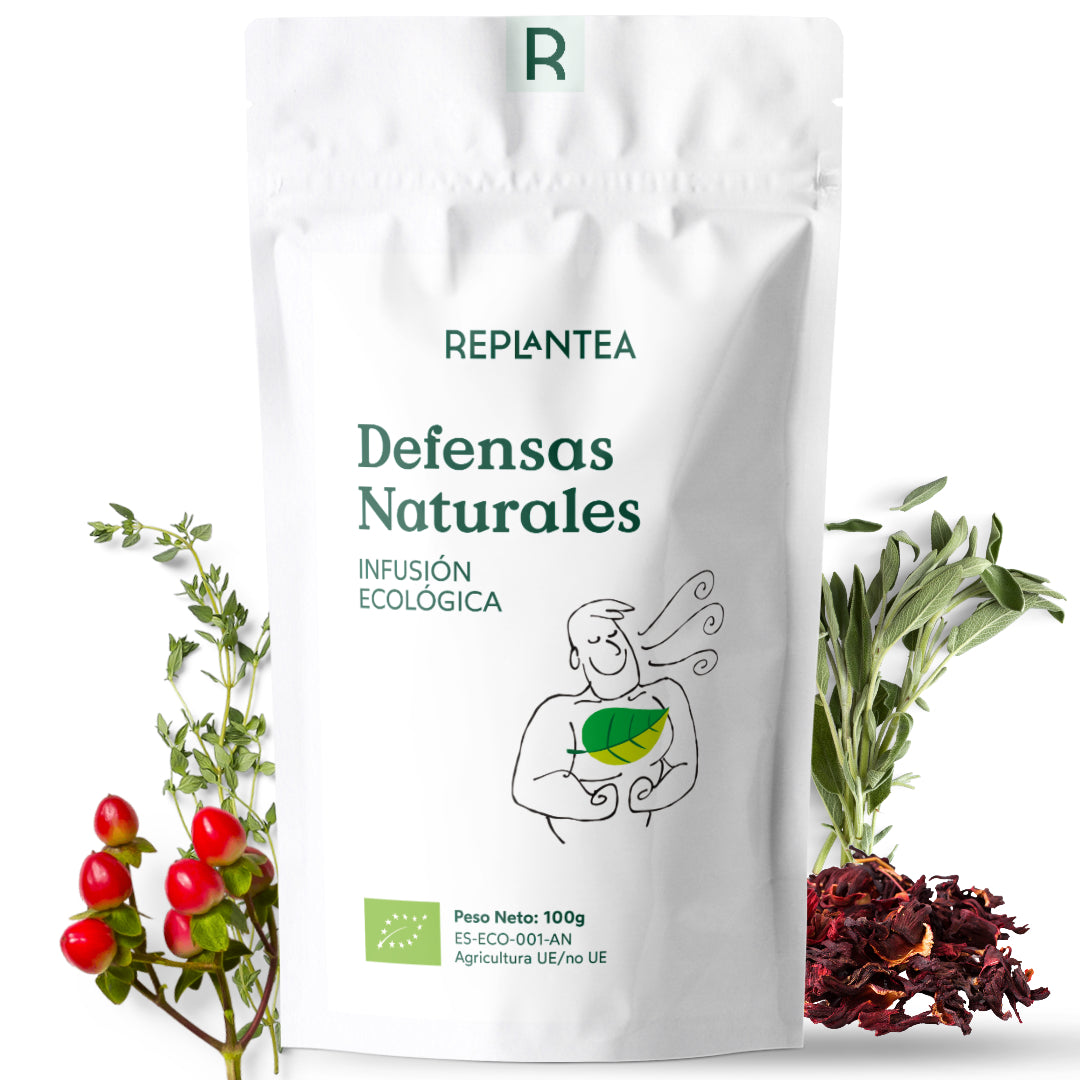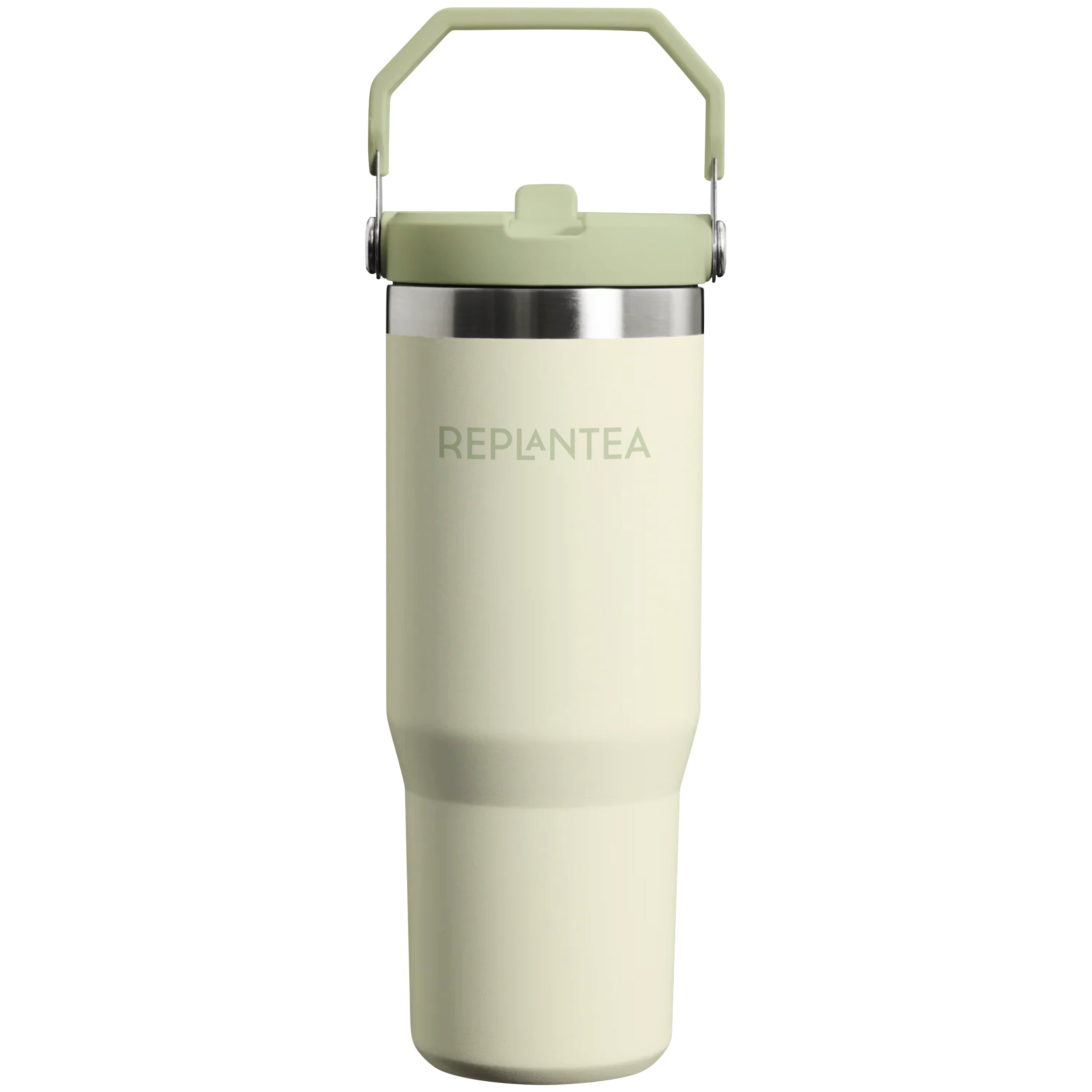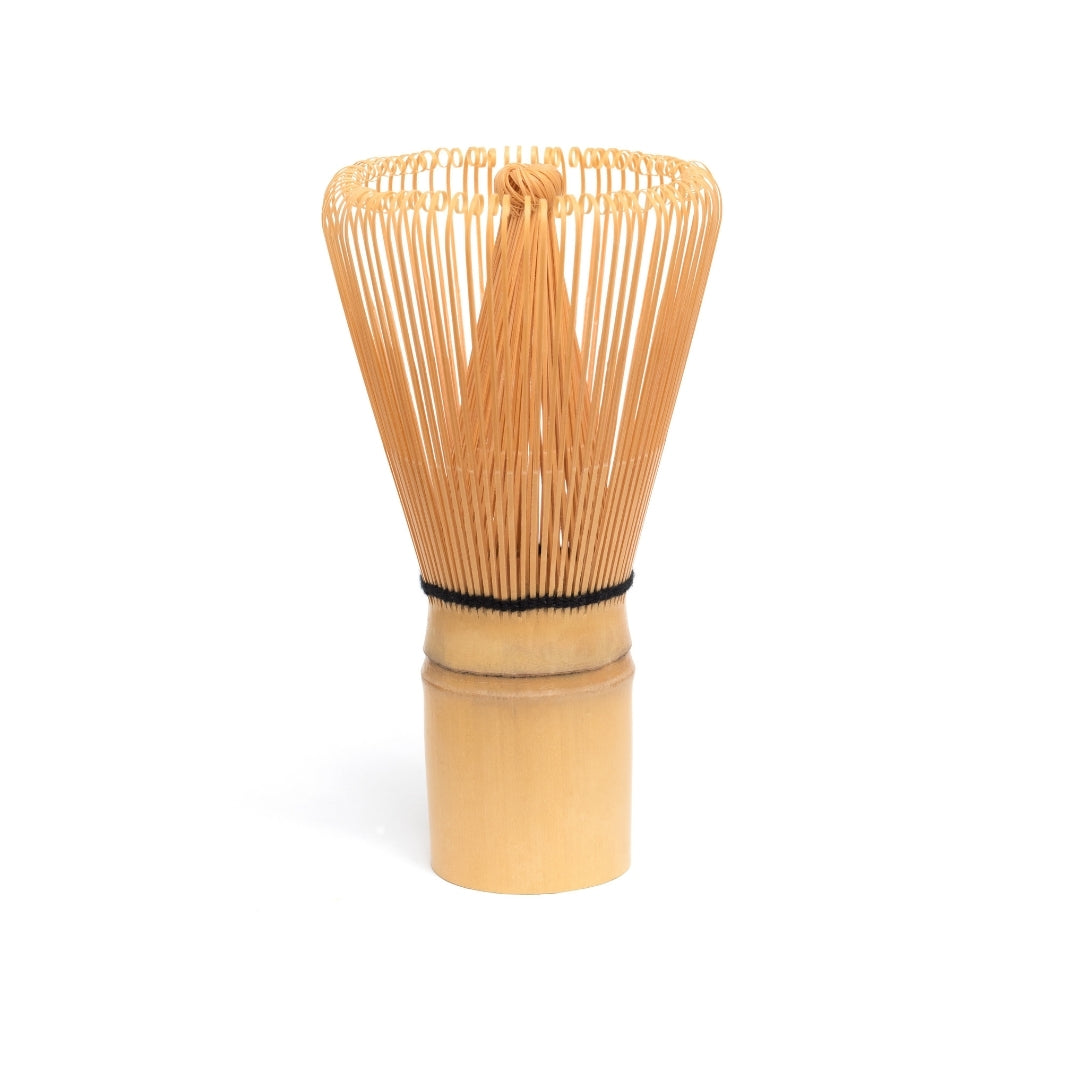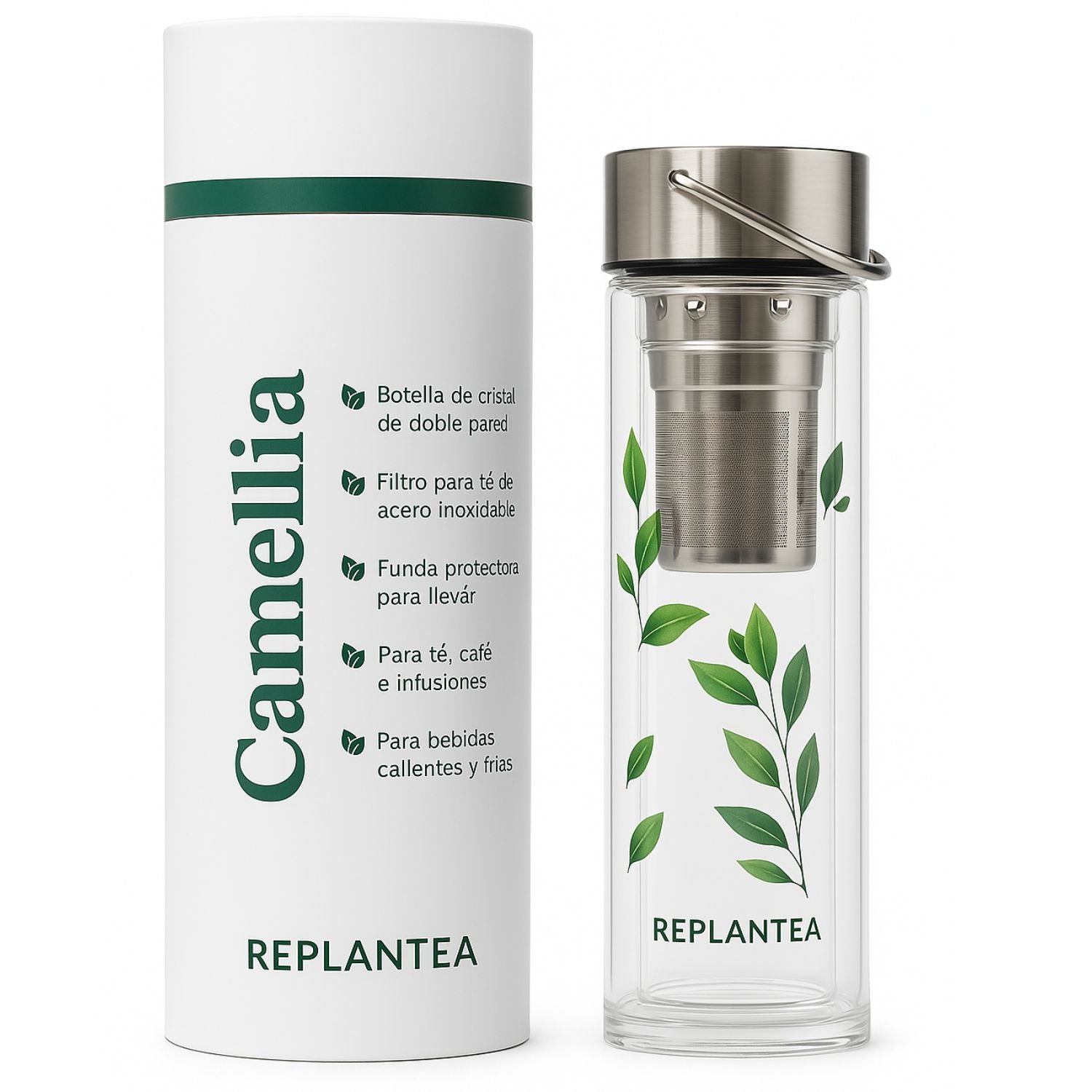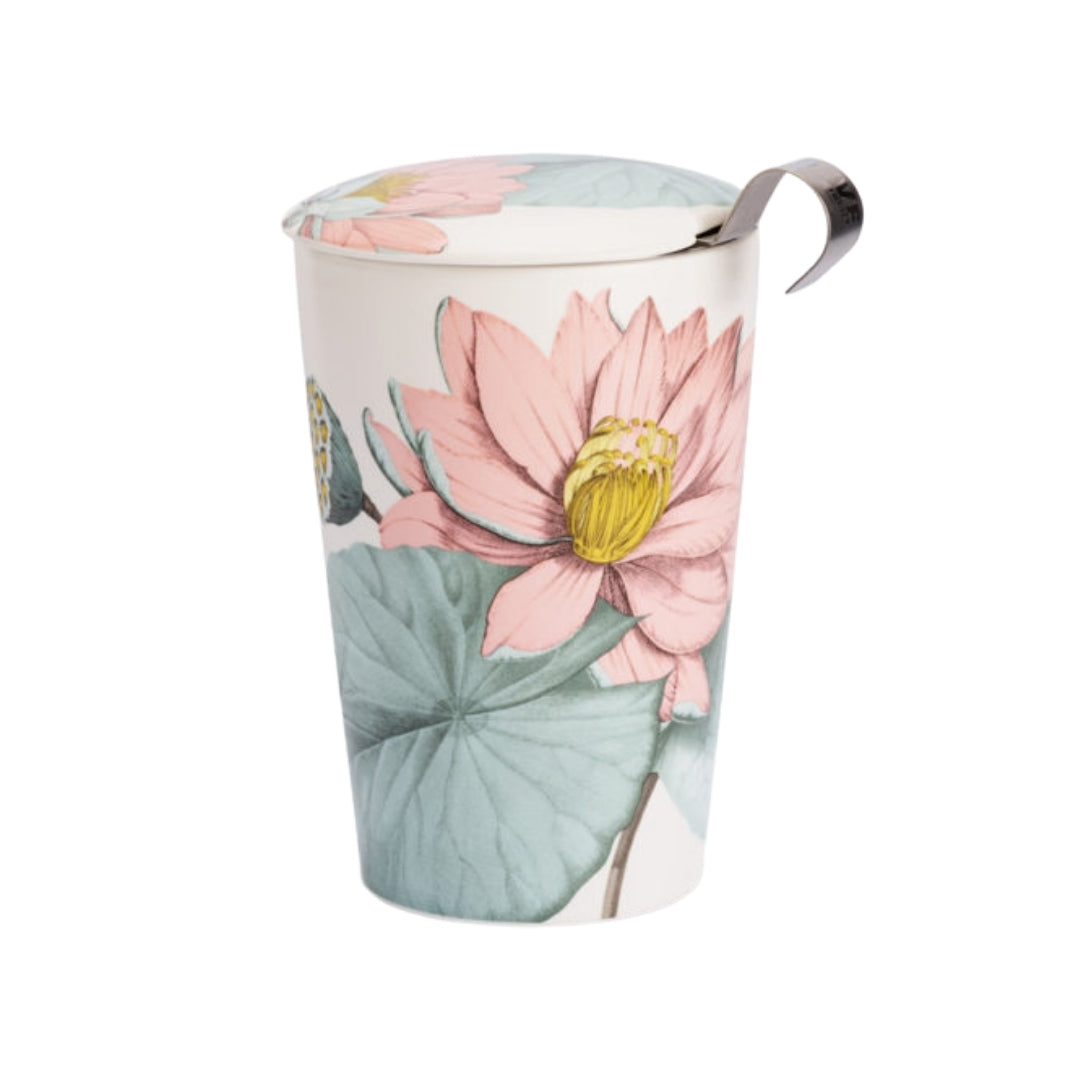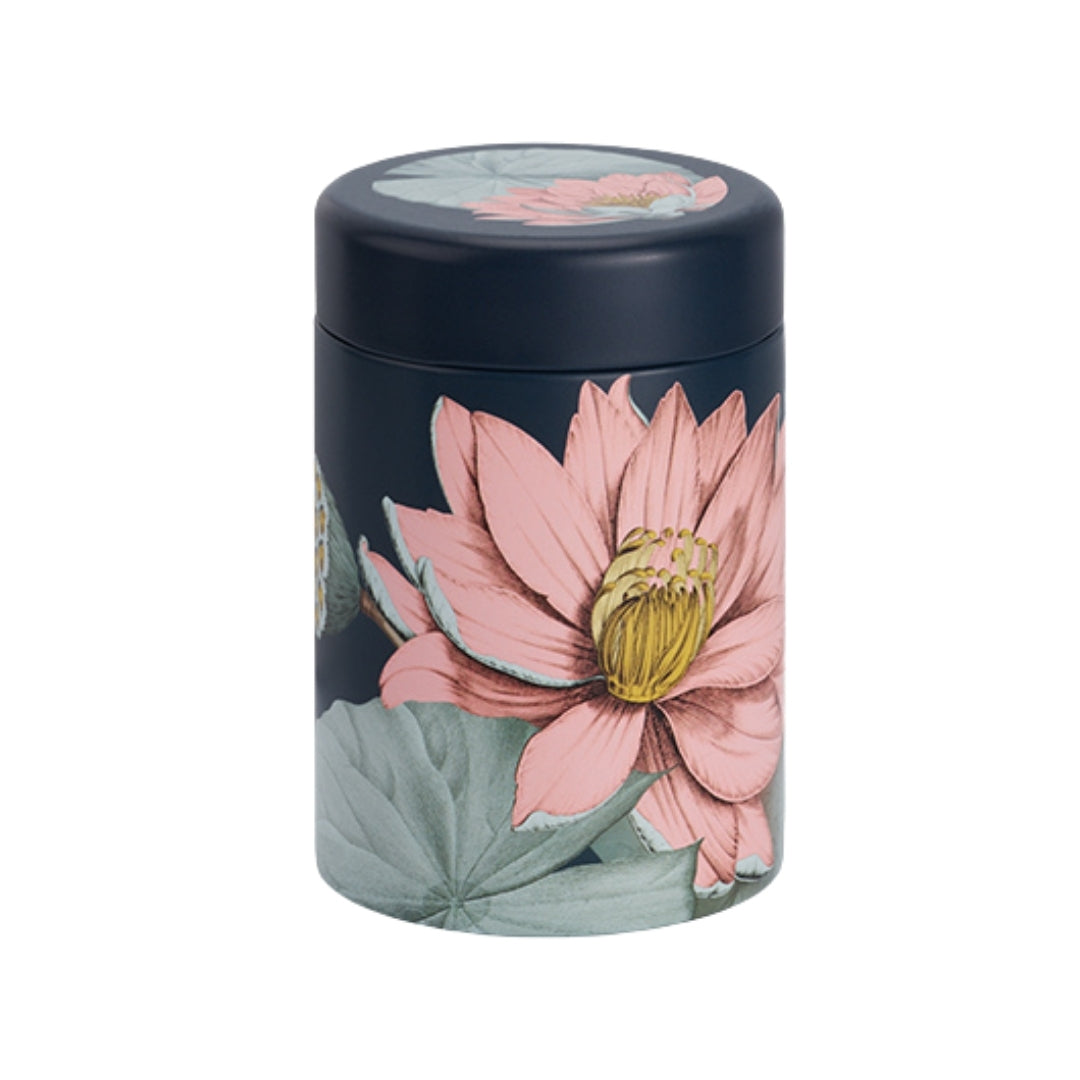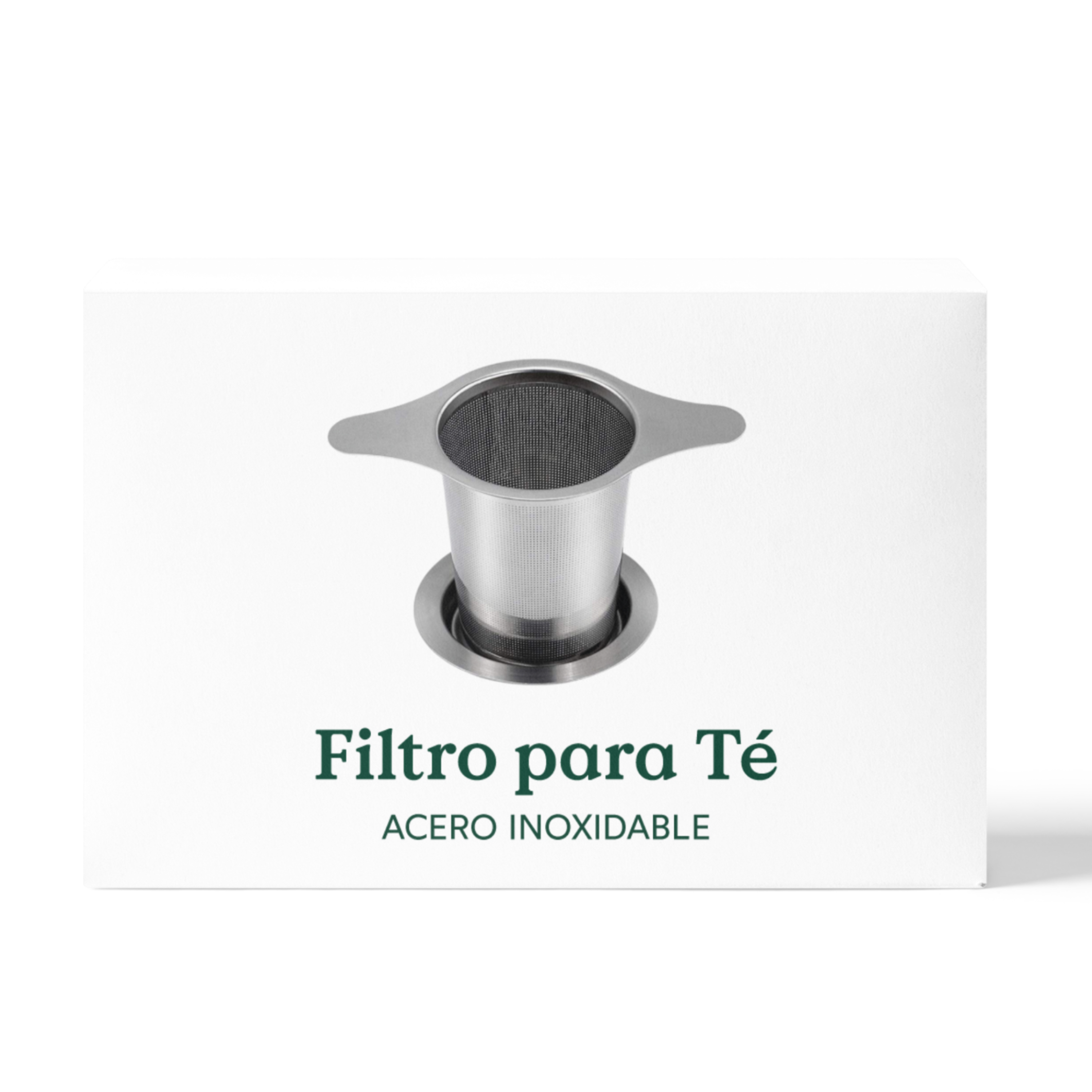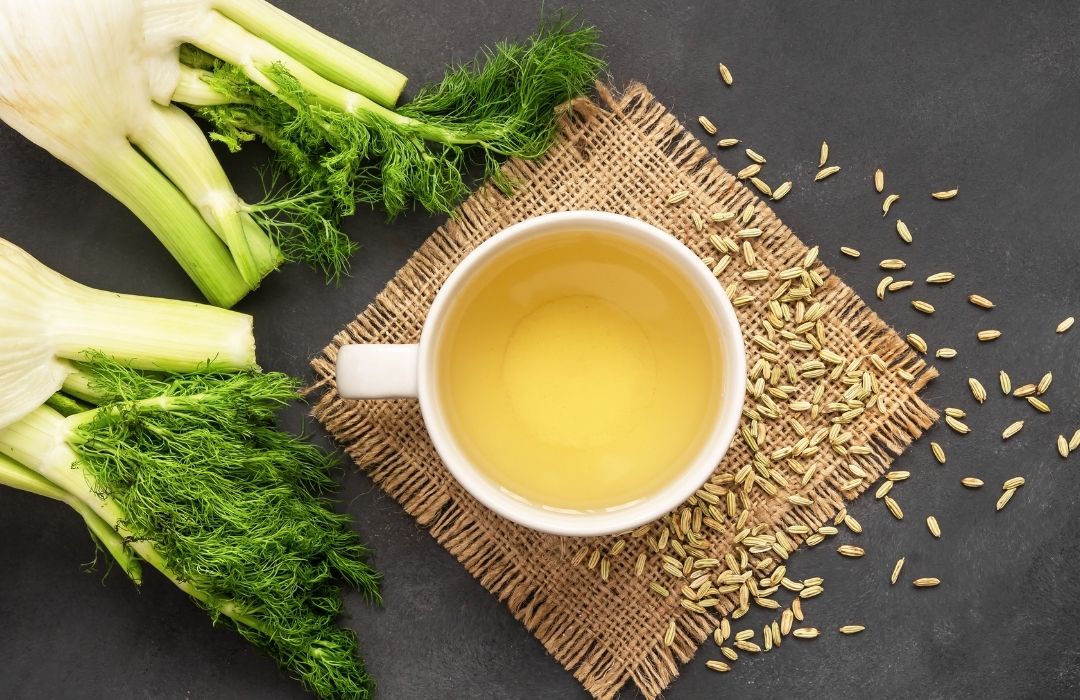
Fennel infusions: what benefits do they provide?
What is fennel? | Properties of fennel | Fennel infusions | Contraindications
What is fennel and what is it used for?
Fennel, Foeniculum vulgare, is a plant native to the Mediterranean and a member of the carrot family. The fennel plant has large, glossy stems with light leaves and blooms in clusters of small yellow flowers that produce small, brown, licorice-flavored seeds that have been used to make fennel infusions for thousands of years.
According to Greek mythology, Prometheus used a stalk of fennel to carry fire from heaven to deliver it to humanity. Fire gave us the ability to cook food, and fennel became a healing plant for digestive disorders.
Today, we know from science that fennel has significant health benefits and can provide antioxidant, anti-inflammatory, and antibacterial effects.

Properties of fennel in infusion
1. Very nutritious
Fennel was used by Greek marathon runners to provide strength and vigor. This is because both fennel and its seeds contain a multitude of nutrients such as calcium, magnesium, manganese, potassium, phosphorus, iron, zinc, and vitamins A, C, and E. These components are vital to our body's health. For example, manganese is important for enzyme activation, metabolism, cell protection, and wound healing. And minerals such as calcium, potassium, and magnesium are vital for bone health.
2. Digestive
Fennel infusions, along with other herbs such as anise, cumin, and cranberry, have been used to treat digestive disorders. This is because fennel stimulates the secretion of digestive enzymes, soothing the digestive tract and improving nutrient absorption. Fennel infusions can also relieve constipation as they relax the digestive muscles.
RELATED INFORMATION
3. Reduces appetite
Fennel seeds not only add flavor to teas, but they have also been shown to help curb appetite . Anethole, one of the main components of the seeds and responsible for the sweet taste of fennel teas, appears to be the component behind these appetite-reducing effects.
RELATED INFORMATION
4. Freshens breath
Fennel infusions have the ability to naturally relieve bad breath. This could be due to fennel's antibacterial properties , which eliminate the pathogens that cause bad breath. Drinking a cup of fennel infusion before bed helps you wake up with fresher, cleaner breath.
5. Antioxidant
Perhaps one of fennel's healthiest properties is its antioxidant effects. Fennel essential oil has been shown to contain a multitude of antioxidant polyphenols such as rosmarinic acid, quercetin, and apigenin. Studies suggest that people who follow diets rich in these polyphenolic compounds have a lower risk of chronic diseases such as obesity, diabetes, and neurological disorders.
RELATED INFORMATION

Fennel infusions
Fennel is digestive, purifying, and adds a sweet flavor to infusions. Its aroma is also very relaxing, making it a perfect blend with other natural herbs to create infusions with a multitude of health- promoting properties . These are Replantea's organic infusions containing fennel:
Fasting Infusion
Due to its nutritional properties and natural energy-boosting properties, fennel complements and enhances the effects of intermittent fasting. This fasting infusion quenches, quenches thirst, and balances fluids in our body.
Happy Stomach Infusion
Fennel is ideal to drink as an infusion after heavy meals; it stimulates digestion and balances the digestive system . This infusion also contains chamomile, anise, and cranberry, making it highly recommended for restoring your stomach.
Good Night Infusion
Fennel is also an ally in helping us relax and sleep better. Insomnia is often caused by poor digestion and heartburn. Fennel prevents this sensation and relaxes our muscles, increasing the desire to go to sleep. Furthermore, in this infusion , its properties are combined with those of lemon balm, cumin, anise, and orange to combat insomnia .
Breathe Fluid Infusion
Fennel has antibacterial properties and is high in vitamins A, C, and E, making it a natural ally against colds. Combining it with mint, lemongrass, rockrose flower, and thyme creates an infusion that can soothe sore throats, clear the airways, and help us breathe better.
Lactation Infusion
Fennel, anise, and cumin. A powerful combination to help mothers feel light while breastfeeding. When you drink this infusion, the beneficial properties of these natural ingredients are transmitted to your baby through your breast milk, relieving discomfort and preventing colic and gas .
Contraindications of fennel
Fennel and its seeds are safe when consumed in moderation and when infused, as their concentration is low and they should be consumed in doses. However, there are some contraindications to taking fennel in concentrated form, such as extracts and dietary supplements.
For this reason, fennel supplements or essential oil are not recommended for pregnant women or people taking blood-thinning medications.
Since fennel belongs to the carrot family, avoid drinking fennel tea if you are allergic to carrots or other plants in this family, such as celery.
Frequently Asked Questions
Does fennel have weight loss properties?
Fennel infusion reduces fluid retention and speeds up digestion by stimulating digestive enzymes, making it a great infusion to aid in weight loss . A well-known traditional remedy for burning fat is to drink fennel infusion as the last drink before bed and the first drink upon waking.
Does fennel increase breast milk production?
Fennel has been used for hundreds of years as a galactagogue, that is, to increase the quality and quantity of breast milk in nursing mothers. Today, there are studies that agree that fennel can provide these benefits.
Sources
- (2014) Comparative Study on Antioxidant Potential and Phytochemical Composition of Cumin and Fennel , Journal of Herbs, Spices & Medicinal Plants, 20:3, 245-255.
- (2009) Changes in Composition and Antioxidant and Antimicrobial Activities of Essential Oil of Fennel ( Foeniculum vulgare Mill.) Fruit at Different Stages of Maturity, Journal of Herbs, Spices & Medicinal Plants, 15:2, 187-202.
- Durnford, S., & Akeroyd, J. (2005). Anatolian marashanha and the many uses of fennel . Anatolian Studies, 55 , 1-13.
- Repajić, M., Tonković, P., Kruk, V., Zorić, Z., Elez Garofulić, I., Palčić, I., & Dragović-Uzelac, V. (2020). Bioactive compounds and antioxidant capacity in fennel seeds influenced by pressurized liquid extraction . Proceedings of the Nutrition Society, 79 (OCE2), E547.

